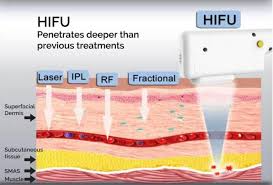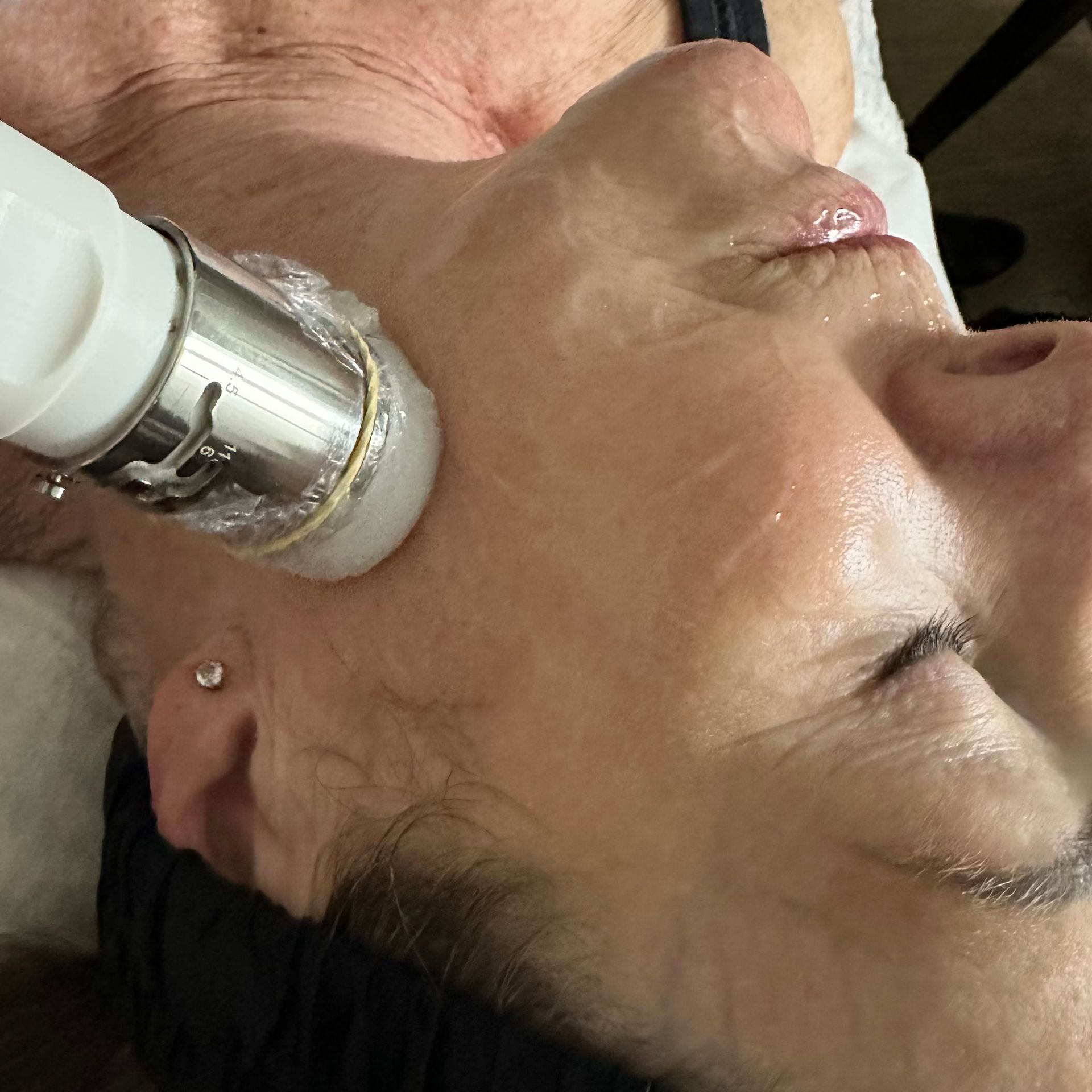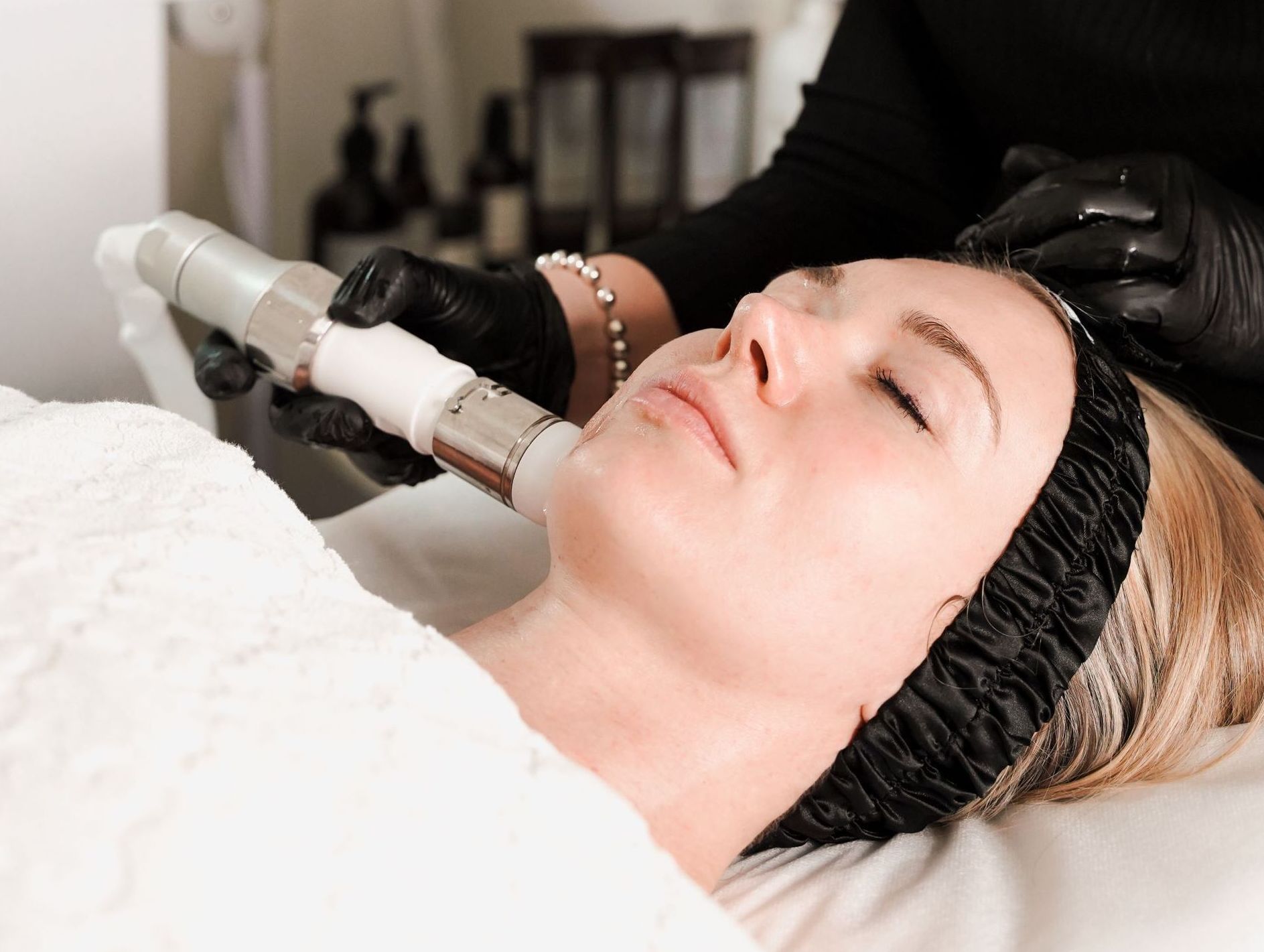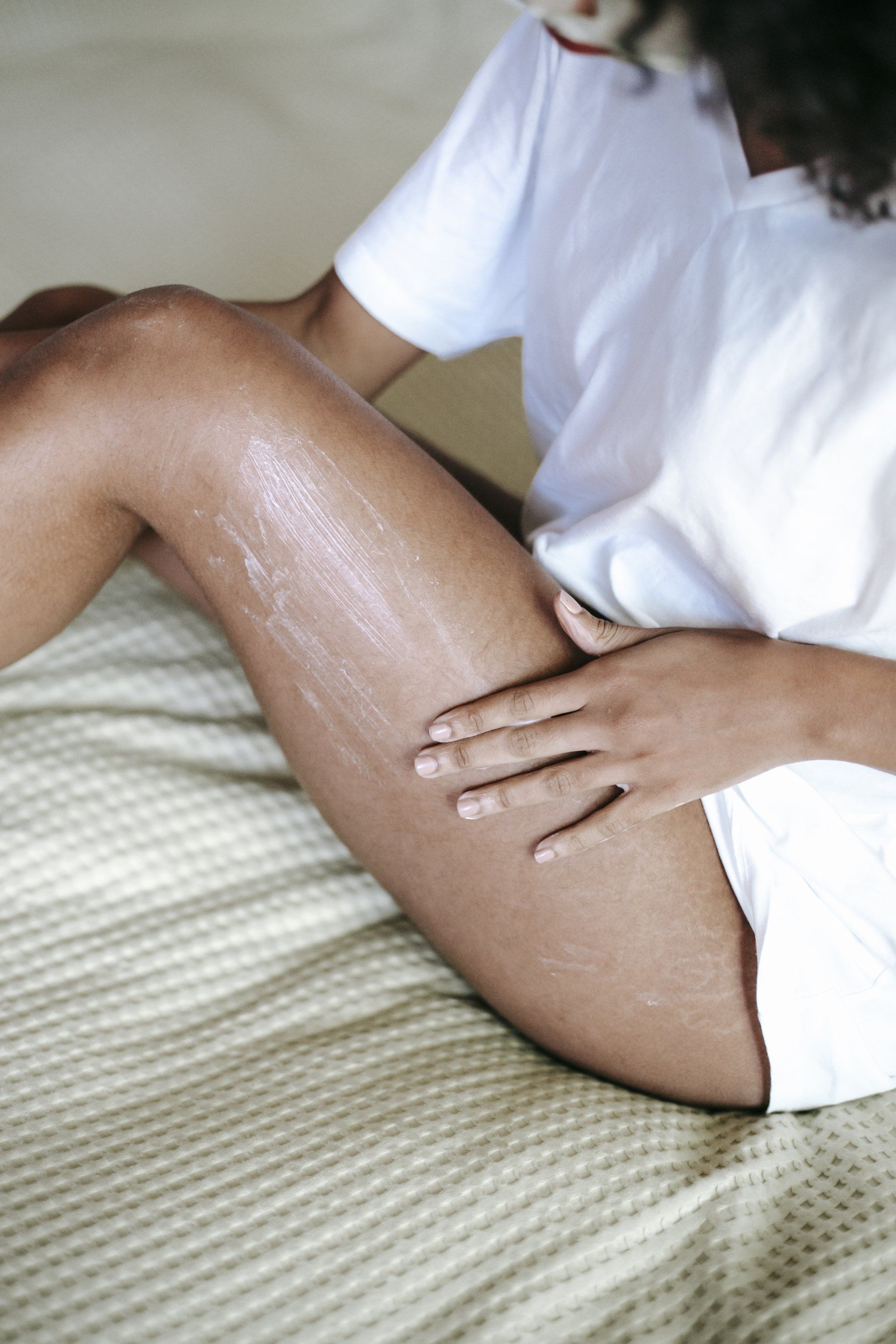Exosome Therapy: A New Era for Treating Hair Loss in Melbourne
What Types of Hair Loss Can Exosome Therapy Treat?
Exosome therapy is an innovative and promising treatment for various types of hair loss. It harnesses the regenerative properties of exosomes—tiny extracellular vesicles derived from stem cells—to stimulate hair growth and restore hair density.
Here’s a look at the types of hair loss that can be effectively treated with exosome therapy.
1. Androgenetic Alopecia (Male and Female Pattern Baldness)
Description:
- Androgenetic alopecia, commonly known as male or female pattern baldness, is the most prevalent form of hair loss. It is characterized by a progressive thinning of hair on the scalp, often following a specific pattern: receding hairline and thinning at the crown in men, and diffuse thinning on the top of the scalp in women.
How Exosome Therapy Helps:
- Stimulates Hair Follicles: Exosomes contain growth factors and signaling molecules that can stimulate dormant hair follicles, encouraging them to enter the growth phase.
- Reduces Inflammation: The anti-inflammatory properties of exosomes help reduce scalp inflammation, which can contribute to hair loss in androgenetic alopecia.
- Enhances Blood Flow: Exosomes promote angiogenesis (formation of new blood vessels), improving blood flow to hair follicles and providing essential nutrients for hair growth.
2. Alopecia Areata
Description:
- Alopecia areata is an autoimmune disorder that causes sudden, patchy hair loss on the scalp and other parts of the body. The immune system mistakenly attacks hair follicles, leading to hair loss.
How Exosome Therapy Helps:
- Immunomodulatory Effects: Exosomes have immunomodulatory properties that help regulate the immune response, potentially reducing the autoimmune attack on hair follicles.
- Promotes Regeneration: By stimulating cell repair and regeneration, exosomes can encourage the growth of new hair in the affected areas.
3. Telogen Effluvium
Description:
- Telogen effluvium is a form of temporary hair loss caused by a disturbance in the hair growth cycle. It can be triggered by various factors, including stress, illness, hormonal changes, and nutritional deficiencies.
How Exosome Therapy Helps:
- Restores Hair Cycle: Exosomes can help reset the hair growth cycle, moving hair follicles from the resting phase (telogen) back into the active growth phase (anagen).
- Improves Scalp Health: The regenerative properties of exosomes enhance overall scalp health, providing a better environment for hair growth.
4. Traction Alopecia
Description:
- Traction alopecia is hair loss caused by repeated tension or pulling on the hair, often due to tight hairstyles like braids, ponytails, or extensions. It commonly affects the hairline and temples.
How Exosome Therapy Helps:
- Stimulates Follicle Recovery: Exosomes can help repair and rejuvenate damaged hair follicles, promoting new hair growth in areas affected by traction alopecia.
- Reduces Scalp Inflammation: By reducing inflammation, exosomes aid in creating a healthier scalp environment conducive to hair regrowth.
5. Scarring Alopecia (Cicatricial Alopecia)
Description:
- Scarring alopecia, or cicatricial alopecia, is a group of rare disorders that destroy hair follicles, leading to permanent hair loss and scar tissue formation. It can result from various inflammatory skin conditions.
How Exosome Therapy Helps:
- Anti-Inflammatory and Regenerative Effects: Exosomes can help manage inflammation and promote tissue repair, potentially slowing down the progression of scarring alopecia and supporting hair regrowth in less affected areas.
- Promotes Healing: The regenerative properties of exosomes aid in healing the scalp and reducing the formation of scar tissue.
Conclusion
Exosome therapy offers a versatile and promising approach to treating various types of hair loss.
By harnessing the regenerative power of exosomes, this therapy can stimulate hair growth, reduce inflammation, and improve scalp health. Whether you are dealing with androgenetic alopecia, alopecia areata, telogen effluvium, traction alopecia, or even scarring alopecia, exosome therapy could be an effective solution to restore hair density and confidence.
Always consult with a qualified healthcare provider to determine the best treatment plan for your specific condition.
Book your treatment now!











